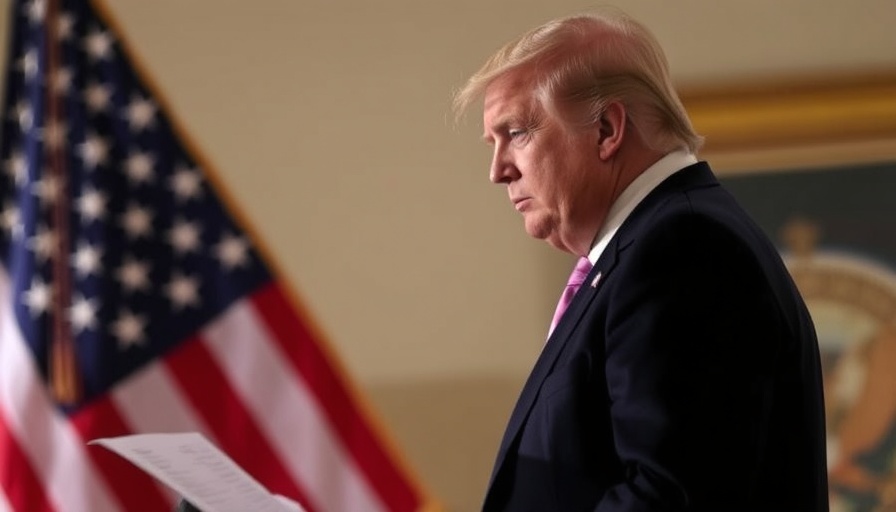
The New Reality for Legal Immigrants
In a country where the American Dream thrives, an alarming reality is emerging: even documented immigrants are finding themselves in dire circumstances. Take the story of Will Kim, a resilient Ph.D. student who returned from his brother's wedding only to encounter a harsh interrogation at San Francisco Airport, highlighting the ongoing uncertainty surrounding even those with legal status. Detained over a decade-old misdemeanor, Kim's predicament is a stark reminder that lawful status offers little protection in today's political climate, where fear often overshadows due process.
The Broader Implications of Immigration Enforcement
Similar cases unfold daily, leaving families shattered and lives uncertain. From Kasper Eriksen, a Danish national who was detained during a naturalization appointment, to Go Yeon-soo, a student whose legal extension was disregarded, the message resonates: documented immigrants are facing unprecedented scrutiny fueled by a political climate that renders legal existence a potential liability.
The Numbers Tell a Grim Story
As of July 2025, data reports reveal that 71.1% of individuals in ICE custody had no prior criminal convictions, essentially casting doubt on the rationale behind their detentions. This statistic reflects a troubling trend in immigration policy where the focus appears to be more about optics than safeguarding the American ideals of justice and fair treatment.
A National Conversation on Immigration Policy
What does this mean for the future? For many, it signals the need for a broader conversation about immigration policy and treatment of immigrants, particularly those with clear legal standing. This is not just a matter of policy; it's about human rights, dignity, and the essence of what it means to belong.
Call for Change
As we reflect on these troubling narratives, perhaps it’s time we pave the way for substantial change. Advocating for more humane and just immigration policies could transform the harsh realities faced by lawful immigrants, ensuring that they feel safe and valued. The stories of individuals like Kim, Eriksen, and Yeon-soo should ignite our collective conscience and inspire a movement for equity.
 Add Row
Add Row  Add
Add 




Write A Comment